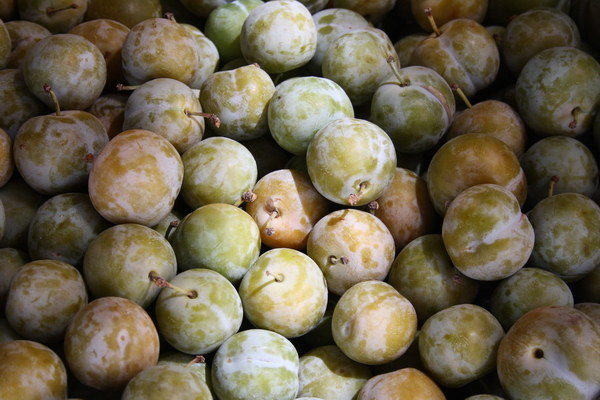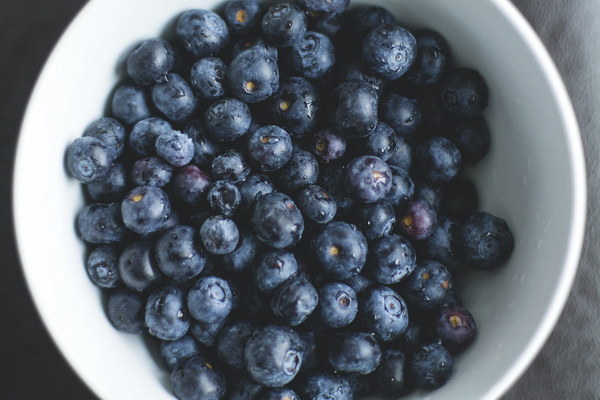A Comprehensive Guide to Traditional Herbs for Nourishing Your Stomach What to Know
In the realm of traditional medicine, there is a wealth of knowledge regarding the use of herbs to support and nourish the stomach. These natural remedies have been used for centuries in various cultures to alleviate stomach discomfort, improve digestion, and maintain overall gastrointestinal health. Here is a comprehensive guide to some of the most renowned herbs known for their stomach-soothing properties.
1. Ginger (Zingiber officinale)
Ginger is a well-known herb with anti-inflammatory properties that can help soothe an upset stomach. It is often used to relieve nausea, indigestion, and to aid in digestion. Ginger tea is a popular remedy, as it is both warming and soothing.
2. Chamomile (Matricaria recutita)
Chamomile is a gentle herb that has been traditionally used to calm the stomach and aid in digestion. It is known for its anti-inflammatory and antispasmodic effects, making it useful for those suffering from irritable bowel syndrome (IBS) and other gastrointestinal issues.
3. Peppermint (Mentha × piperita)
Peppermint is another herb that is often used to soothe the stomach. It can help relieve symptoms of bloating, gas, and indigestion. Peppermint oil, when taken internally or inhaled, can be particularly effective in reducing these symptoms.
4. Fennel (Foeniculum vulgare)
Fennel is an herb with a sweet, licorice-like flavor that is believed to aid in digestion and improve nutrient absorption. It is often used to treat indigestion, flatulence, and colic. Fennel seeds can be chewed after meals or consumed as a tea.
5. Turmeric (Curcuma longa)

Turmeric is a powerful herb that contains the active compound curcumin, which has strong anti-inflammatory properties. It is often used in Ayurvedic medicine to support digestive health and may help alleviate symptoms of inflammatory bowel diseases like Crohn's disease and ulcerative colitis.
6. Licorice (Glycyrrhiza uralensis)
Licorice root is another traditional herb used for its soothing effects on the stomach. It has demulcent properties that can protect and soothe the mucous membranes of the digestive tract. However, licorice is not suitable for everyone, especially those with high blood pressure or kidney problems, and should be used under the guidance of a healthcare professional.
7. Valerian Root (Valeriana officinalis)
Valerian root is often associated with its calming effects on the nervous system, but it can also be beneficial for the stomach. It is believed to help with bloating, gas, and indigestion, possibly by reducing stress-related stomach issues.
8. Dandelion (Taraxacum officinale)
Dandelion is a versatile herb that is rich in vitamins and minerals. It is known for its diuretic and detoxifying properties, which can support liver function and, by extension, digestive health. Dandelion tea is a popular choice for those looking to improve their gut health.
When incorporating these herbs into your diet or using them as part of a treatment plan, it is important to consider the following:
- Quality: Ensure that the herbs you are using are of high quality and, if possible, organically grown.
- Dosage: Follow the recommended dosages provided on product labels or consult with a healthcare provider, as too much of certain herbs can have adverse effects.
- Interactions: Be aware of potential interactions with other medications or health conditions you may have.
While these herbs can be beneficial for many people, they are not a substitute for medical treatment. If you are experiencing persistent stomach issues, it is best to consult with a healthcare professional for a proper diagnosis and treatment plan.









